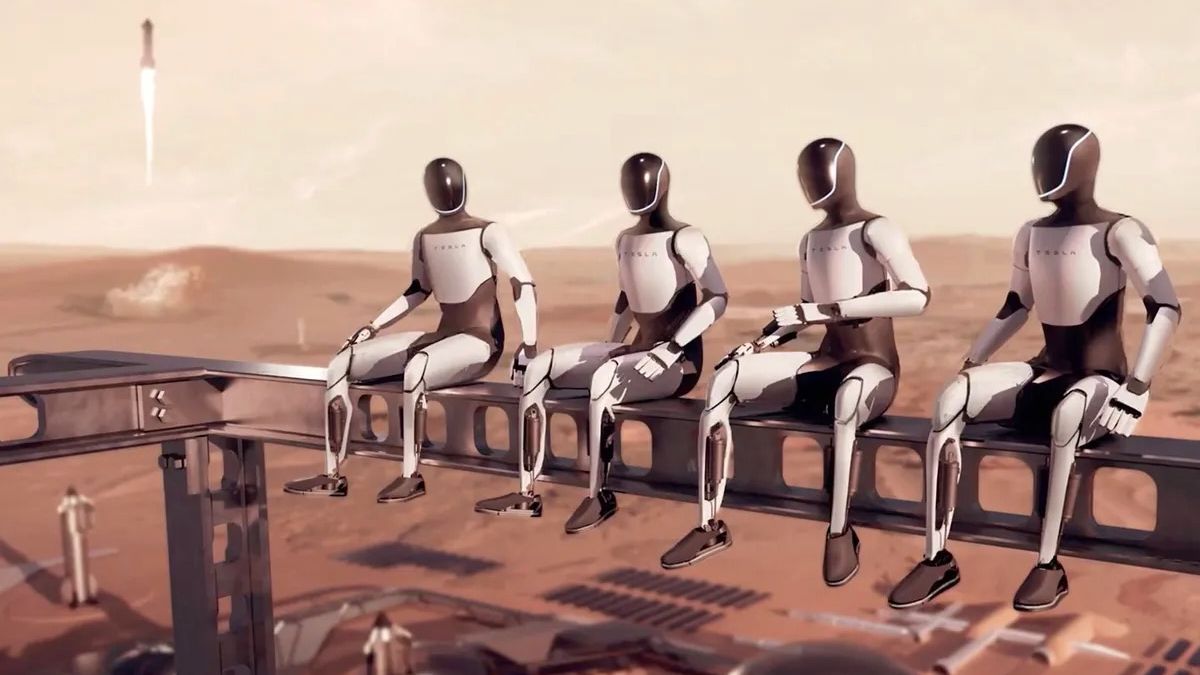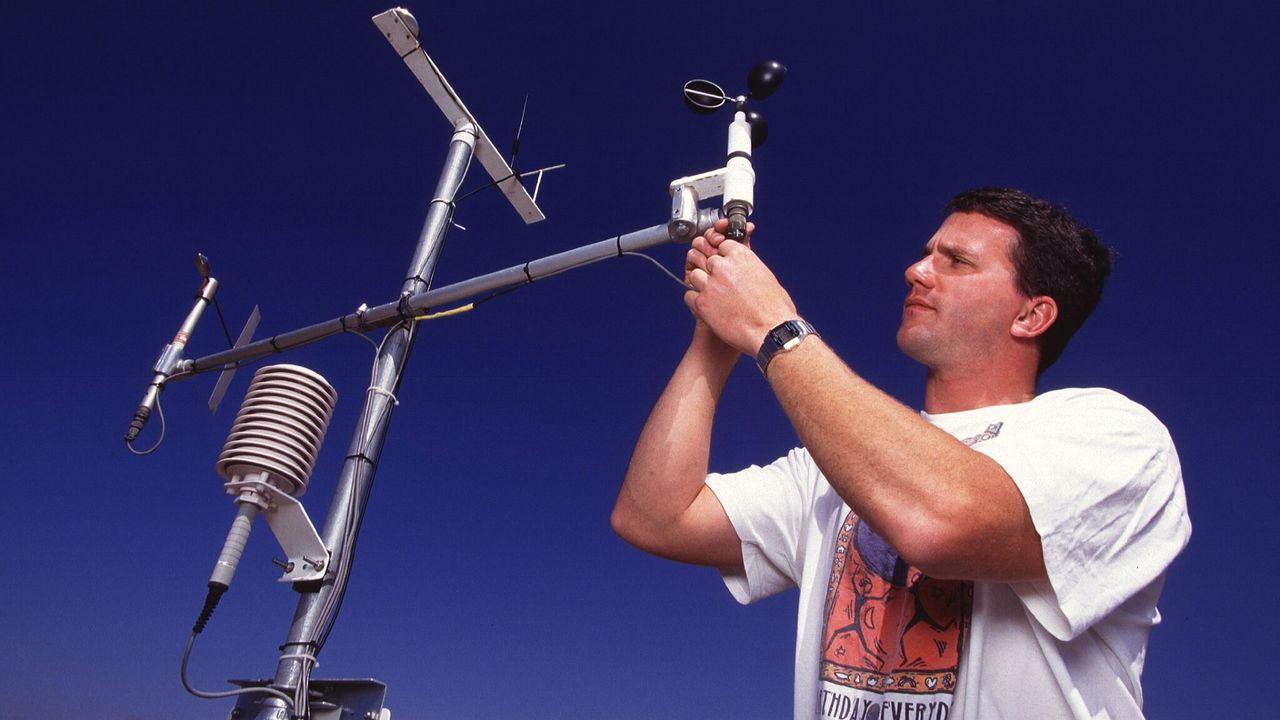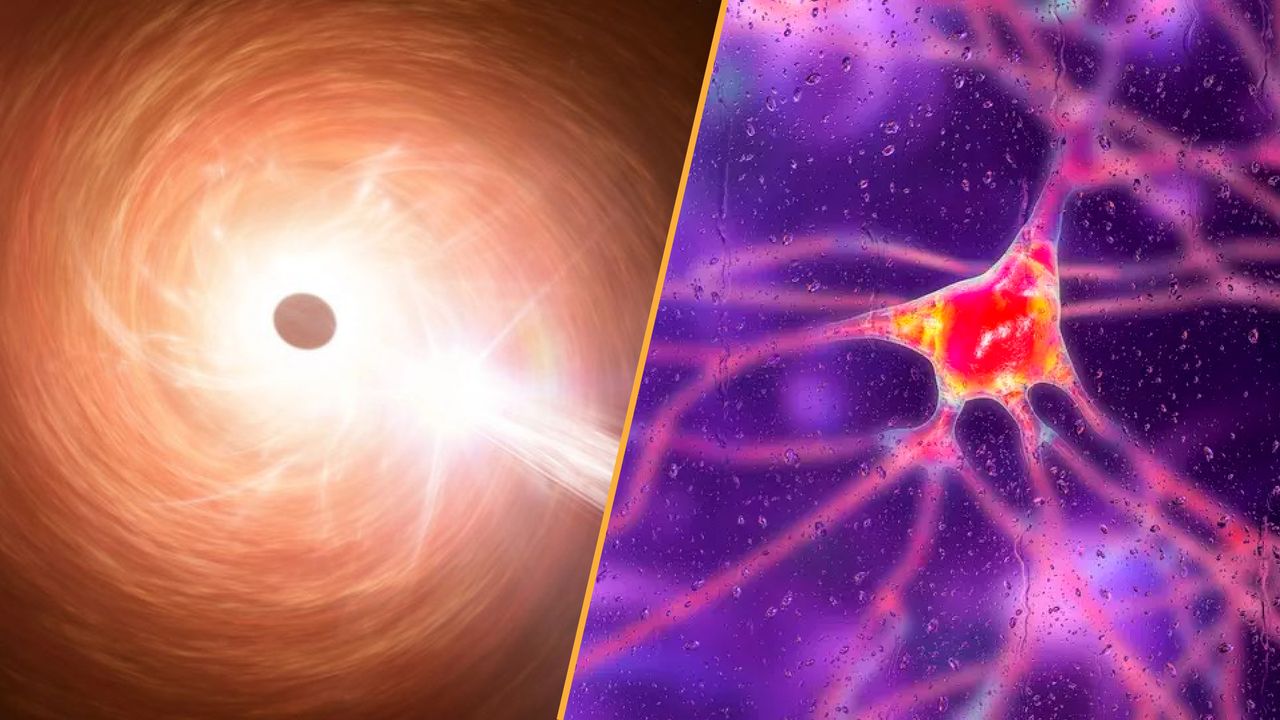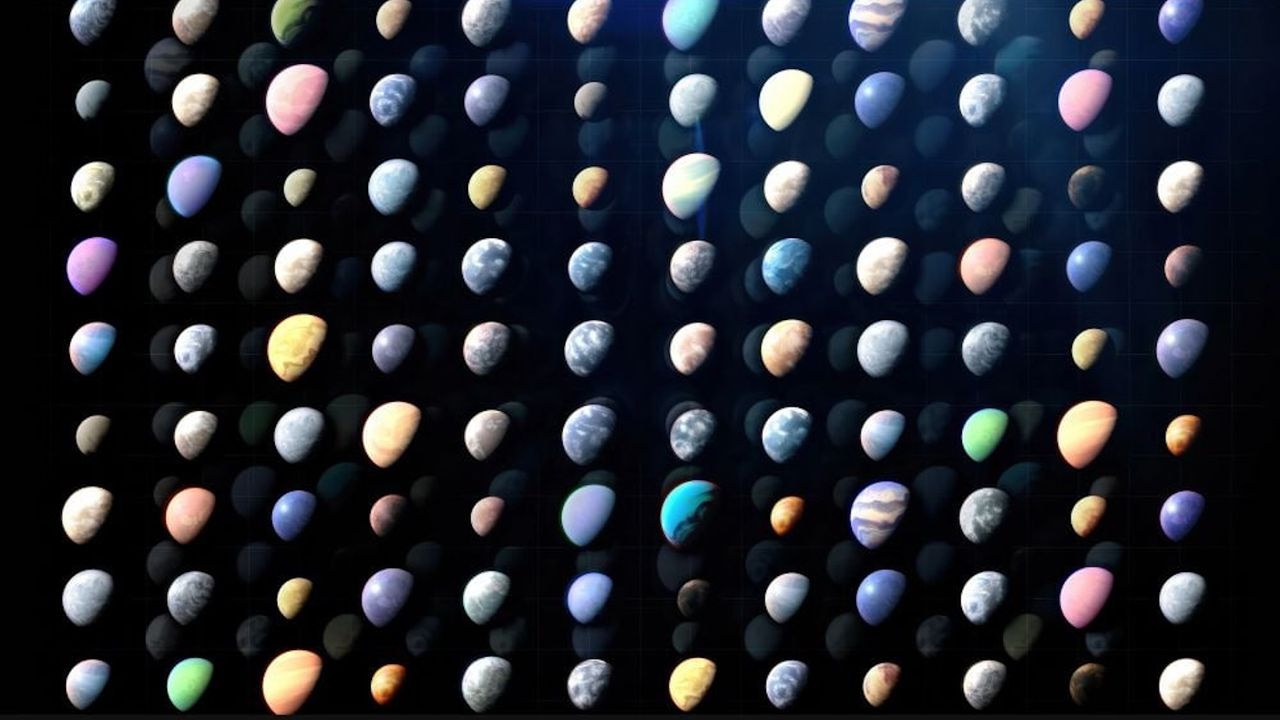Scientists asked ChatGPT to solve a math problem from more than 2,000 years ago — how it answered it surprised them
PositiveScience

A recent research project has sparked excitement in the scientific community by exploring whether AI, like ChatGPT, can solve ancient math problems that have puzzled humans for over 2,000 years. This inquiry not only sheds light on the capabilities of AI but also raises intriguing questions about the nature of knowledge itself—whether it is inherent or acquired through experience. The surprising results from ChatGPT's attempts could pave the way for new understandings in both artificial intelligence and educational methodologies.
— Curated by the World Pulse Now AI Editorial System








